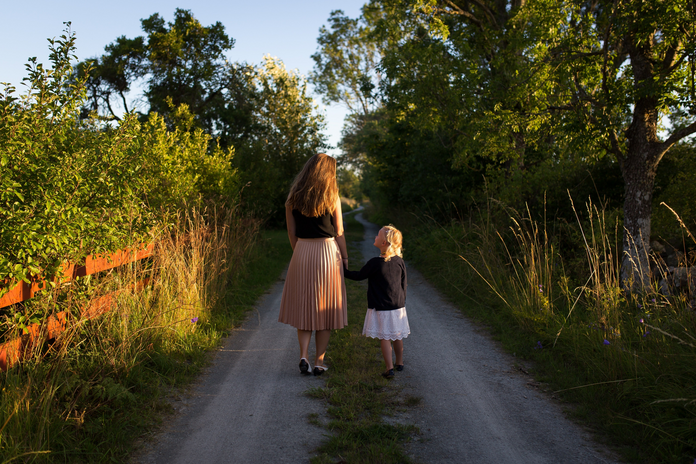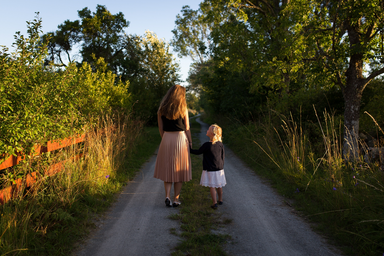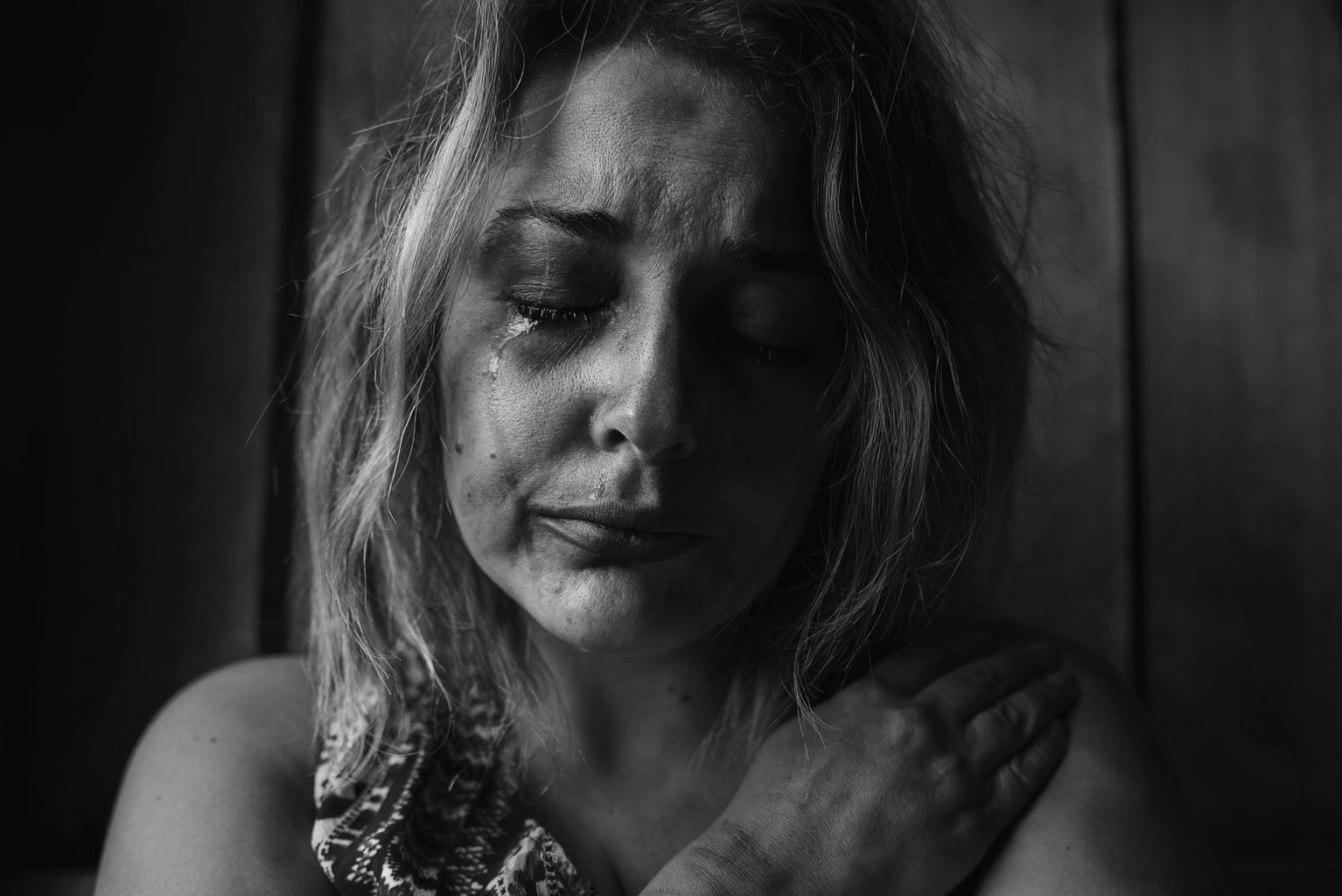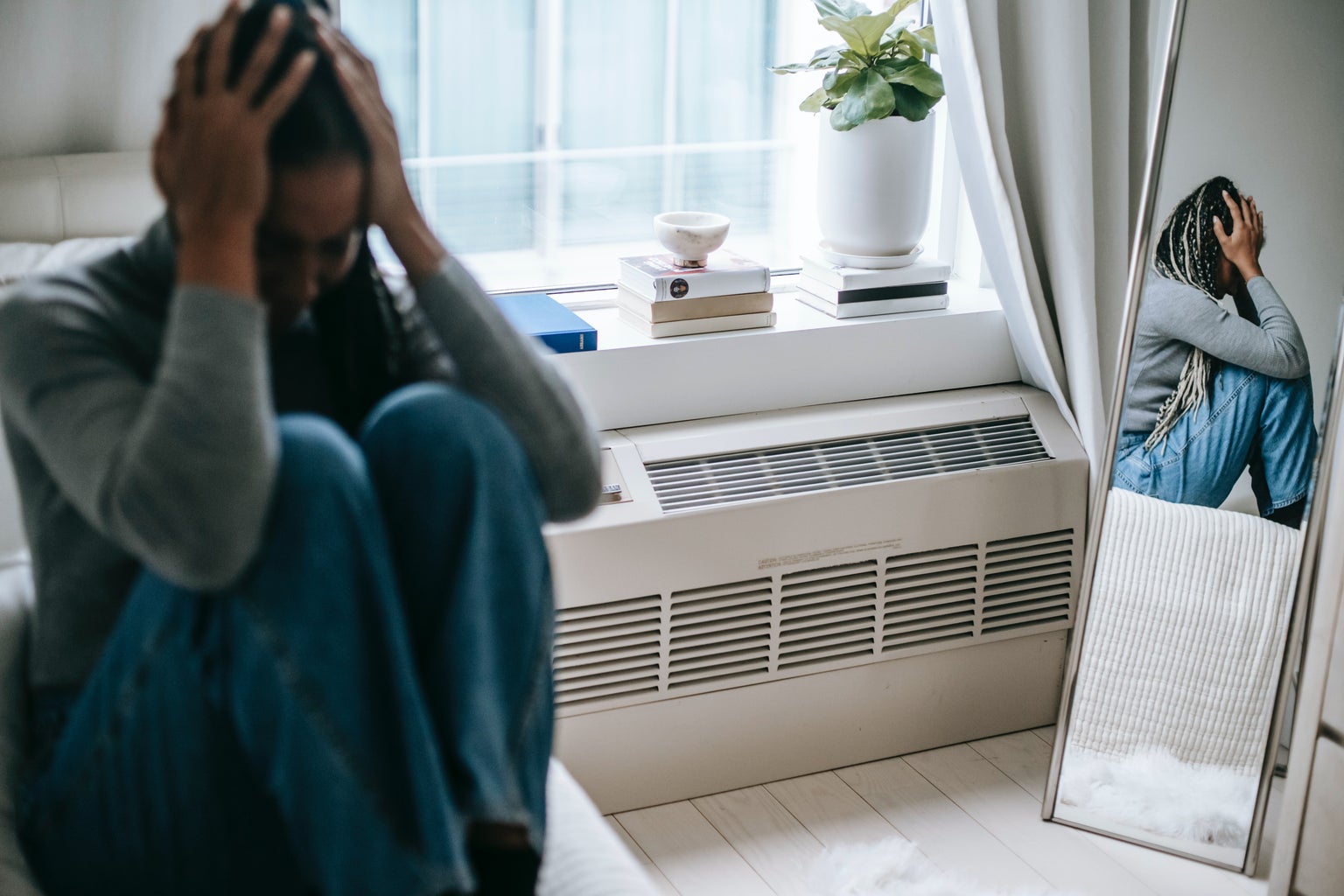TW: Domestic violence, emotional abuse, relationship violence
Like many of you, I’m guilty of binging one too many Netflix short series, but I highly recommend giving Maid, created by Molly Smith Metzler, a serious watch. I don’t mean playing it as background noise for when you’re cooking or scrolling through your phone, instead, grab yourself a blanket and some tissues.
I will try my best to not spoil the entire show, so read at your own risk.
The series is inspired by Stephanie Lands’ novel, Maid: Hard Work, Low Pay, and a Mother’s Will to Survive. It follows the story of Alex Russell (Margaret Qualley), a survivor of domestic violence and a single mother who strives to build a new life for her two-year-old daughter, Maddy. What’s unique about this show is the way it captures the painful cycle of abuse and how it doesn’t always have to involve physical violence for it to chip away at your identity.
In the current dating world, finding young love and meeting someone you genuinely connect with via dating apps, social media sites or in any other place is considered a rare find. Some call it plain luck. However, it’s disturbing to learn that the most common age when intimate partner violence is first experienced by women is 18-24 (38.6%).
Sian Hawkins, Head of Campaigns and Public Affairs for Women’s Aid, details that our culture views controlling behavior as a sign of love and devotion when that same manipulative and coercive behavior is at the very heart of domestic abuse.
Alex is a 20 something-year-old writer and dreamer, aching to find purpose and love in her life. When she crosses paths with Sean (Nick Robinson), a guy she met while waitressing at a local spot in their hometown, she’s captivated by the life she feels he could give her. The show also gives viewers the space to get a deeper look into the emotionally complex relationship Alex has with her mother, Paula (Andie MacDowell), who suffers from undiagnosed bipolar disorder. Her mother’s lack of support and acknowledgment of the emotional abuse she endures is one of the many reasons why Alex struggles to gain any sort of independence. Growing up, I’ve always heard that it takes a village to raise your children and navigate the challenging times that come with adulthood. But what happens when everyone you have to rely on doesn’t see you as a victim? How do you move forward when your abuser is only seen as a troubled young man with a drinking problem? What do you do when everyone invalidates your pain?
These questions are just the tip of the iceberg for domestic violence victims. That’s why many find a genuine sense of community, friendship and love in other women at shelters, and Alex sure did. My favorite part of the show is when Alex befriends another survivor, Danielle (Aimee Carrero). Many claim she’s the unsung hero of the series, and I have to agree. Danielle is the first person Alex meets that makes her feel seen, who empowers her to fight for herself and her daughter’s future. At one point, Alex confesses that since Sean never hit her, she feels she doesn’t belong in the shelter. Danielle’s response has stayed with me since I finished the series. She says, “Before they bite, they bark. Before they hit you, they hit near you.” The warning signs are easily overlooked when you’ve never been physically bruised. But at the same time, your abuser might be controlling if and where you work, where you live, how you dress, who you talk to and soon enough — you’ve lost every ounce of your freedom.
The stages of healing are so carefully portrayed throughout Alex’s journey with Maddy. She finds a job as a maid and picks up writing again, but every step forward feels like two steps backward. The feelings of suffocation and desperation that come with acquiring housing and childcare put Alex in survival mode. I was just waiting for her to catch a break. But unfortunately, not many women do. They’re often met with questions from others about why they didn’t leave sooner or why they’ve gone back to their abusers. And yet, how many of you are aware that almost half of all female homicide victims are killed by a current or former dating partner? Leaving is the most dangerous part — over 70% of domestic violence murders happen after the victim has ended the relationship since the abuser has nothing left to lose.
Towards the end of the series, Alex develops an interesting bond with a client she cleans for, Regina. A wealthy lawyer who seems to have the perfect house, family and life. Alex quickly learns Regina’s story is not picture-perfect, her character is deeply layered and viewers see a new side of her in each episode. Motherhood is the equalizing force in their relationship, and it truly is so beautiful to see these two women lean on each other.
The last episode of Maid made me burst into tears, but specifically, it’s the moment where Alex shares what she wrote during the writing support group she organized for the women at the shelter. The prompt is about describing a day in your life when you were really happy, it could have happened already or it could be imagined. Alex writes, “My happiest day hasn’t happened yet, but it’s about to..” And I leave you with that — because you should experience this remarkable, bittersweet ending yourself.
Alex’s story is one that explores generational trauma, poverty in America and the gentleness of motherhood. It’s one we can all learn from and see ourselves in as daughters, mothers, sisters, partners and friends. There’s nothing more powerful and pure than a mother’s love — Stephanie Meyers, Alex and all victims of domestic violence who are mothers are proof of that. Maid reminds us to treat everyone we meet with kindness and care, reach out to friends and family and be aware of the warning signs. Abuse thrives in silence, so why do we shame those who speak about it? We should offer young women who have fled their abusive relationships the compassion and support they rightfully deserve.
Resources for domestic violence and abuse survivors:
National Dating Abuse Helpline: 1-866-331-9474
National Domestic Violence Hotline: 1-800-799-7233
National Sexual Assault Hotline: 1-800-656-4673





